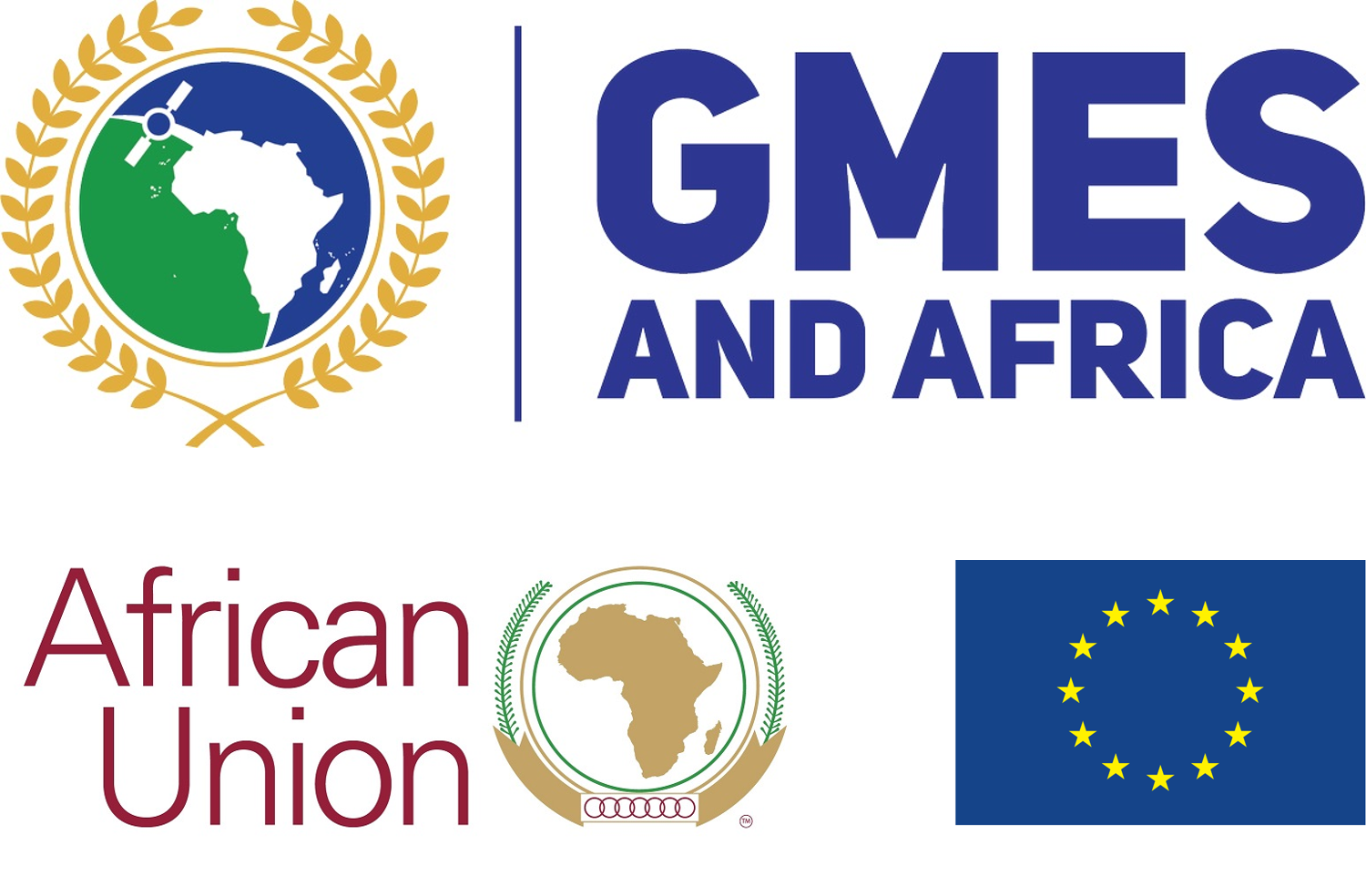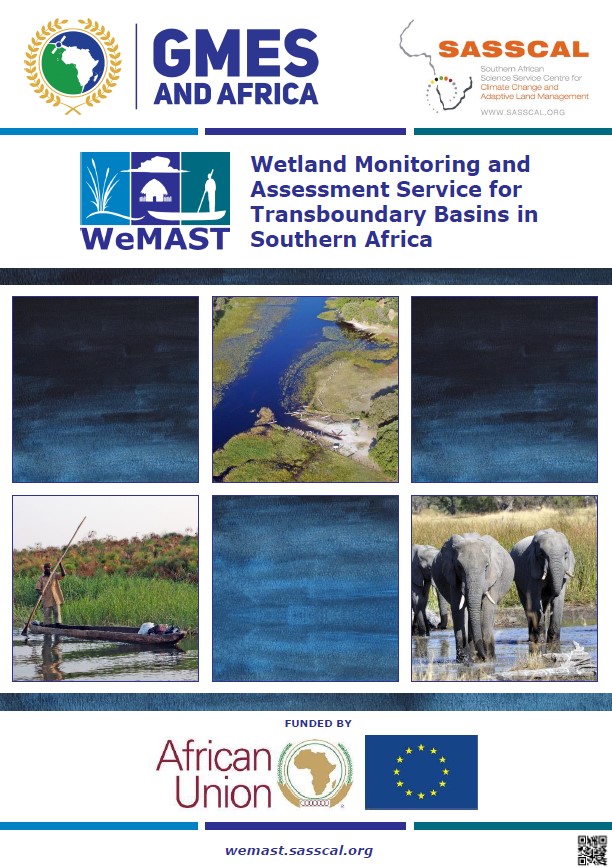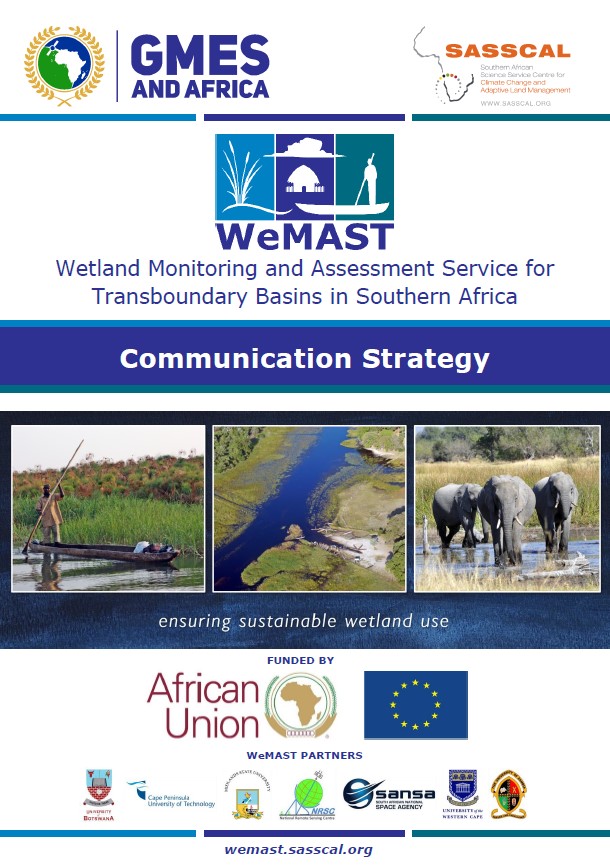On the 28th of November 2017, the GMES & Africa support programme, funded jointly by the African Union and the European Commission, awarded thirteen consortia across all African economic regions with grants, making GMES a truly pan Africa initiative. A consortium led by SASSCAL was amongst the recipients for the WeMAST (Wetland Monitoring and Assessment Service for Transboundary Basins in Southern Africa) proposal.
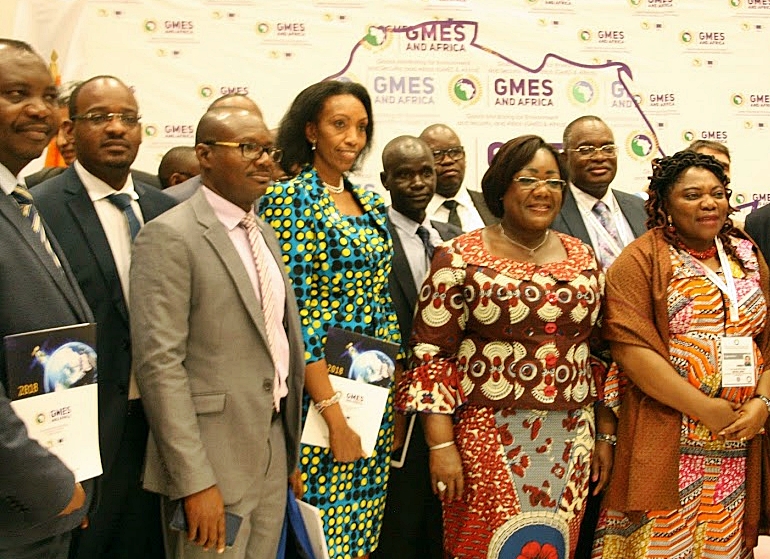
Aim of WeMAST Project
The WeMAST project will design and develop an integrated platform for wetland assessment and monitoring that will support sustainable management of selected transboundary river basins. The platform to be developed will integrate existing data products and tools to implement a sustainable wetland management system, by drawing on the experience from the SASSCAL-led consortium, partners and other key stakeholders across regional, national and local institutions.
WeMAST will focus on transboundary river basins in southern Africa, with special emphasises on the Cuvelai Basin, Okavango River Basin, the Limpopo River Basin and the Zambezi River Basin.
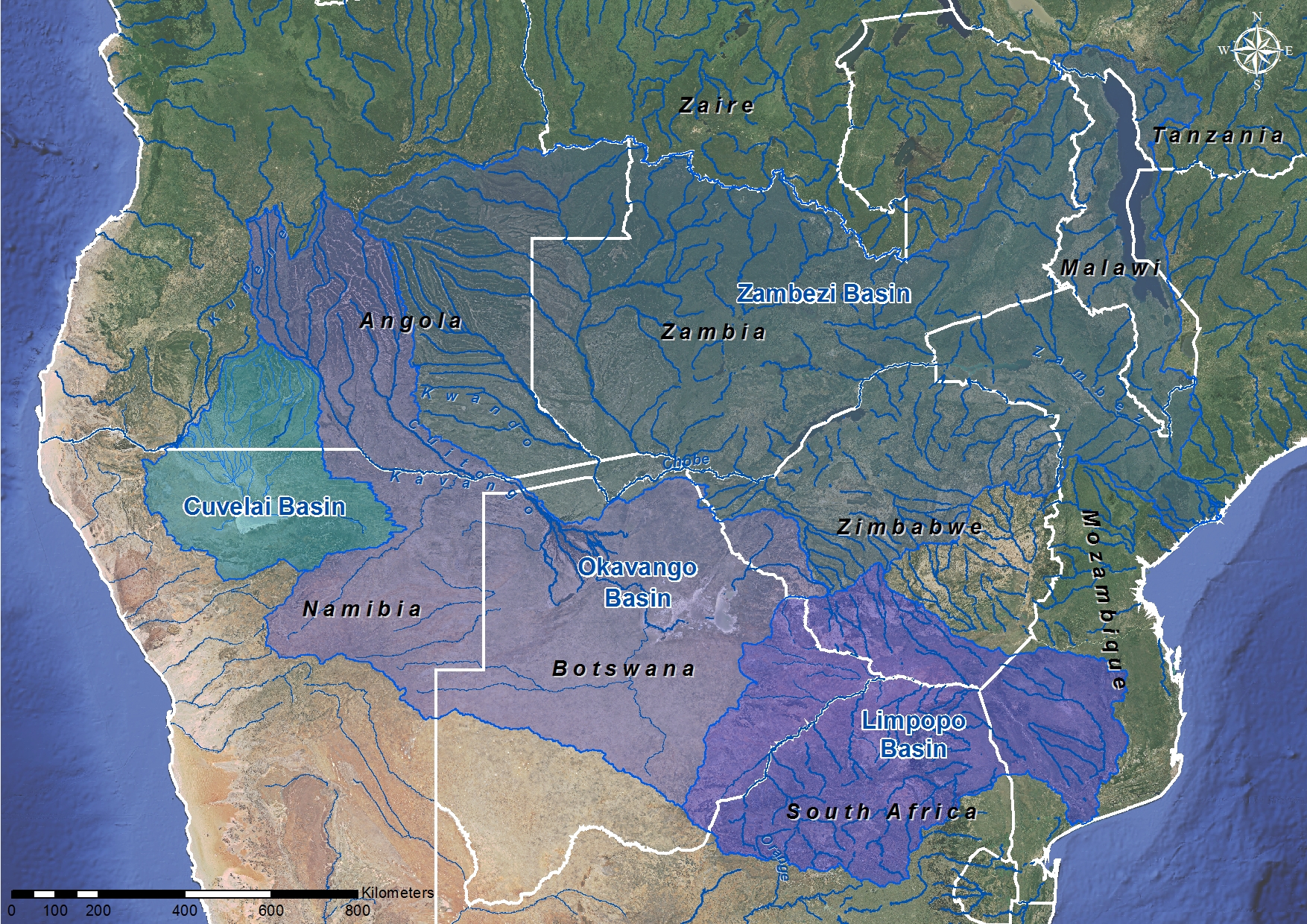
WeMAST is implemented in 4 basins: Cuvelai, Limpopo, Okavango and Zambezi
Objectives of WeMAST Project
The specific objectives of the WeMAST project are:
- to identify existing assessment and monitoring methods applicable to southern Africa
- to design, develop and operationalise an integrated platform that can provide wetland information service to target groups and end users
- to extend existing EO capabilities to SADC decision makers for wetland assessment and monitoring through capacity building and leverage awareness

WeMAST Consortium
Key academic institutions compose the SASSCAL-led consortium, including the University of Botswana, University of Zambia, Cape Peninsula University of Technology, University of the Western Cape and Midlands State University. Other key members include the South African National Space Agency (SANSA) and the National Remote Sensing Centre (NRSC) of Zambia. In addition to the African partners, SASSCAL invited two institutions from Europe who will partake as associates.


